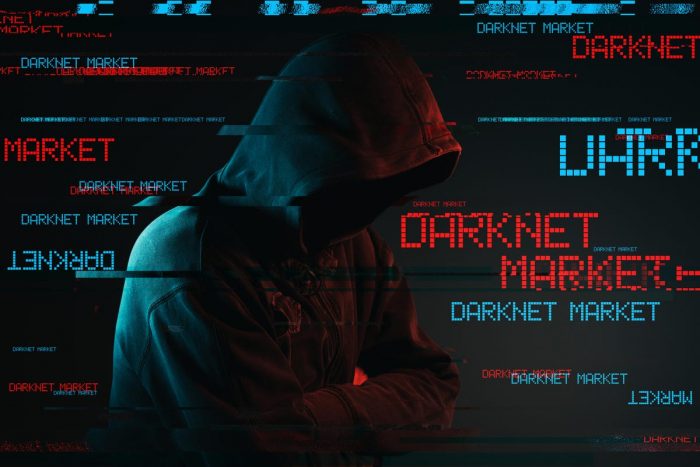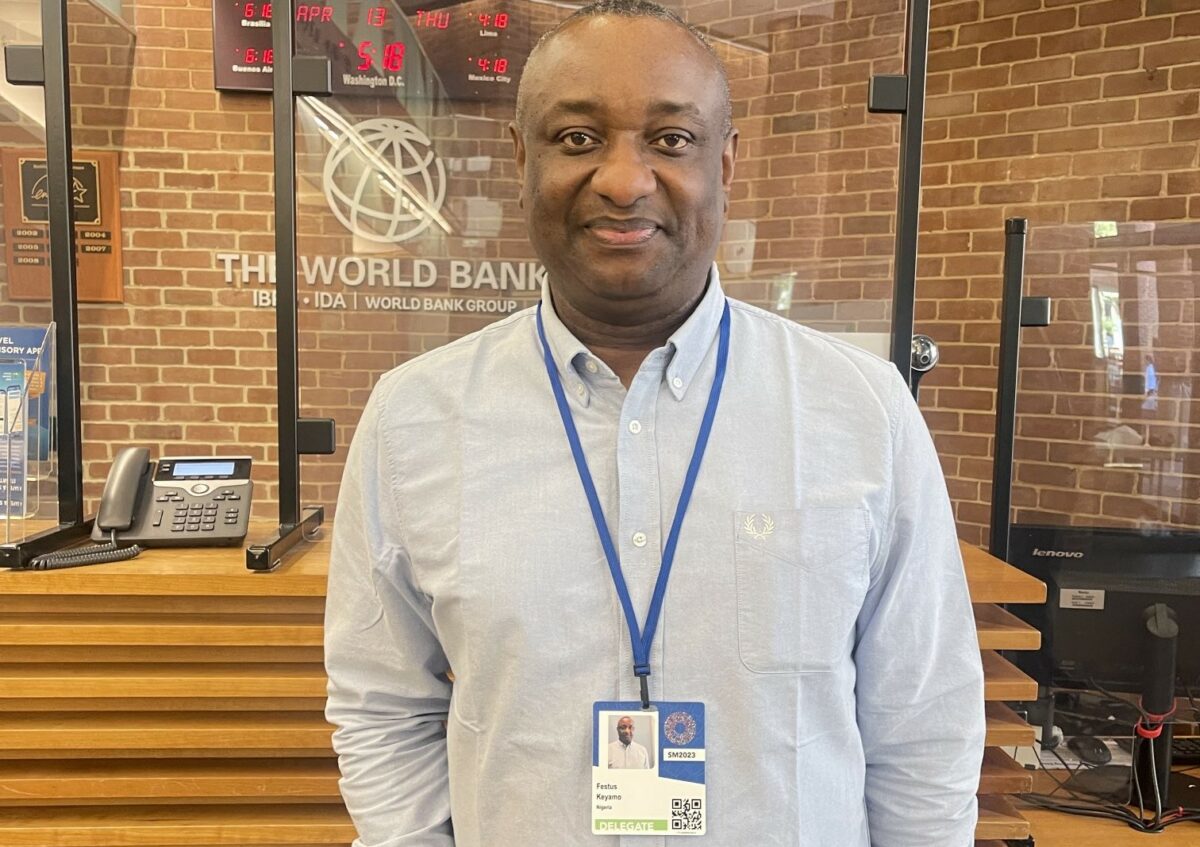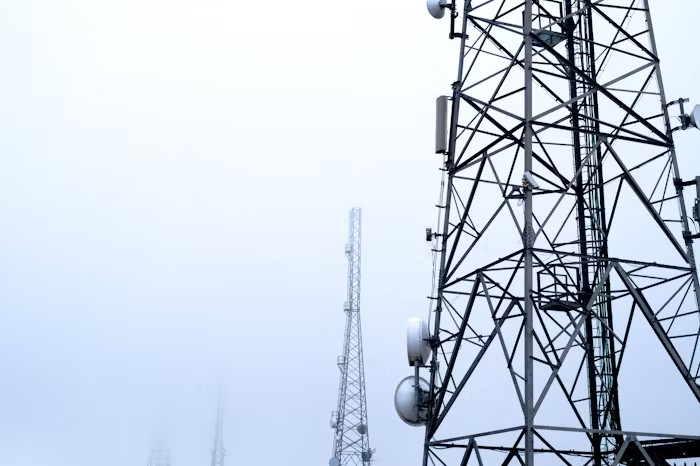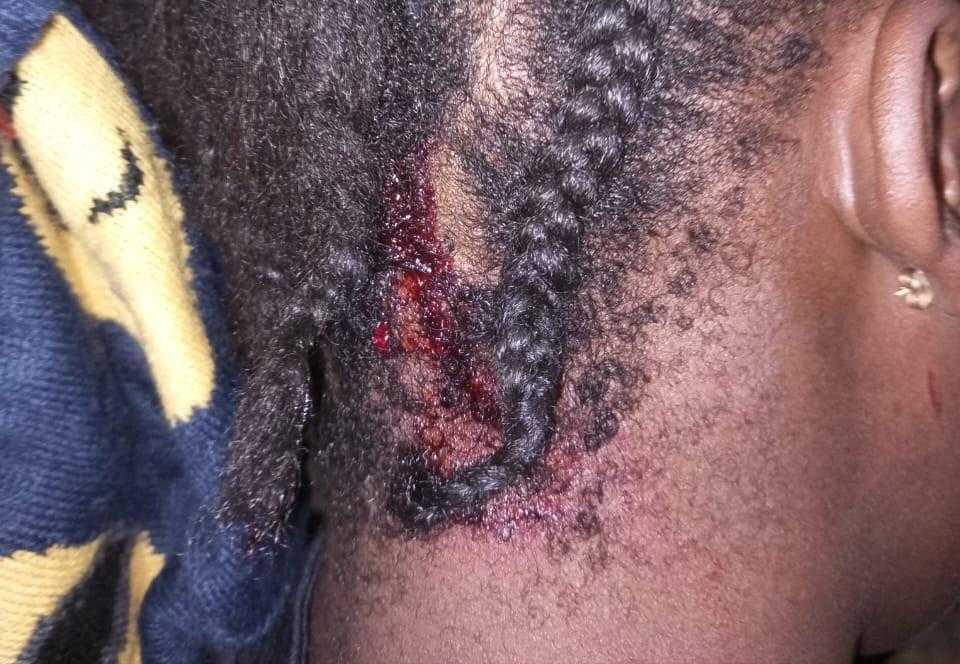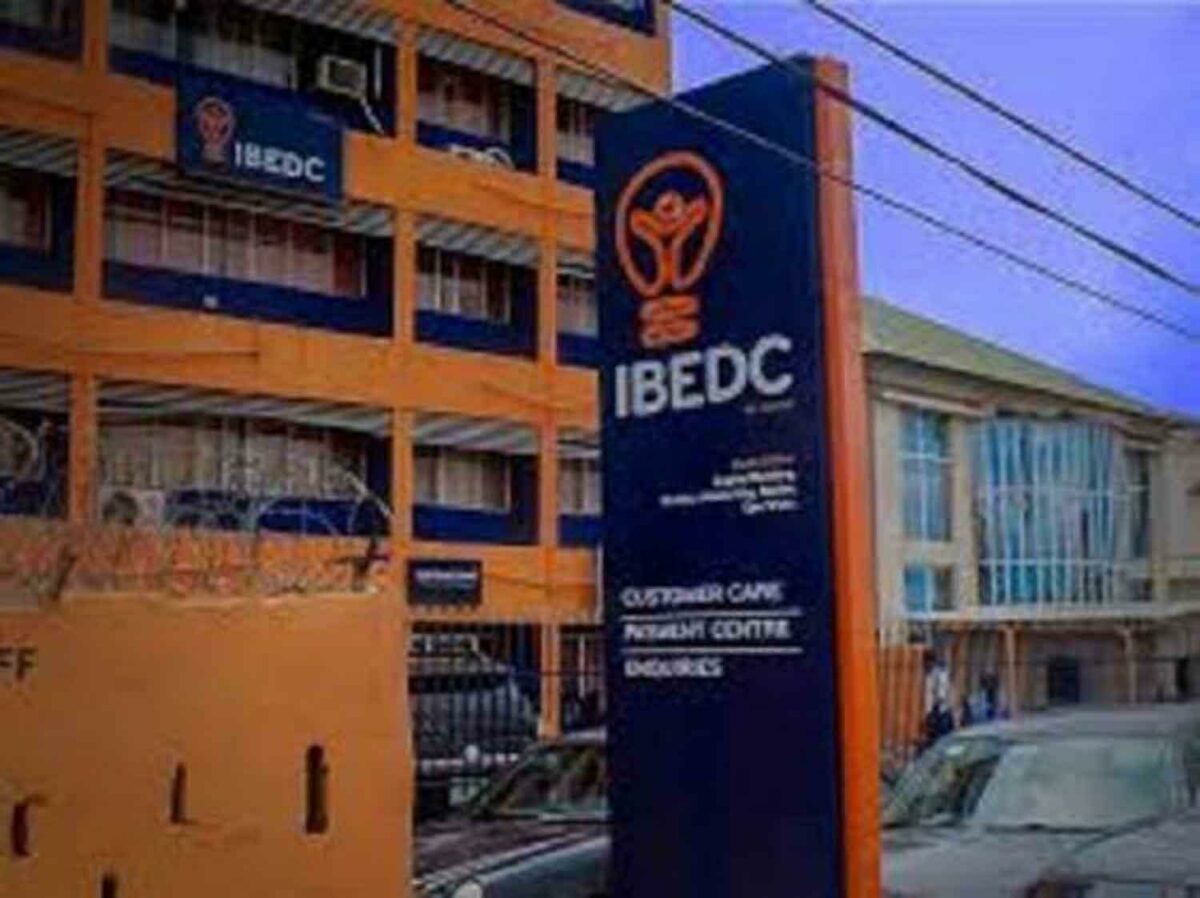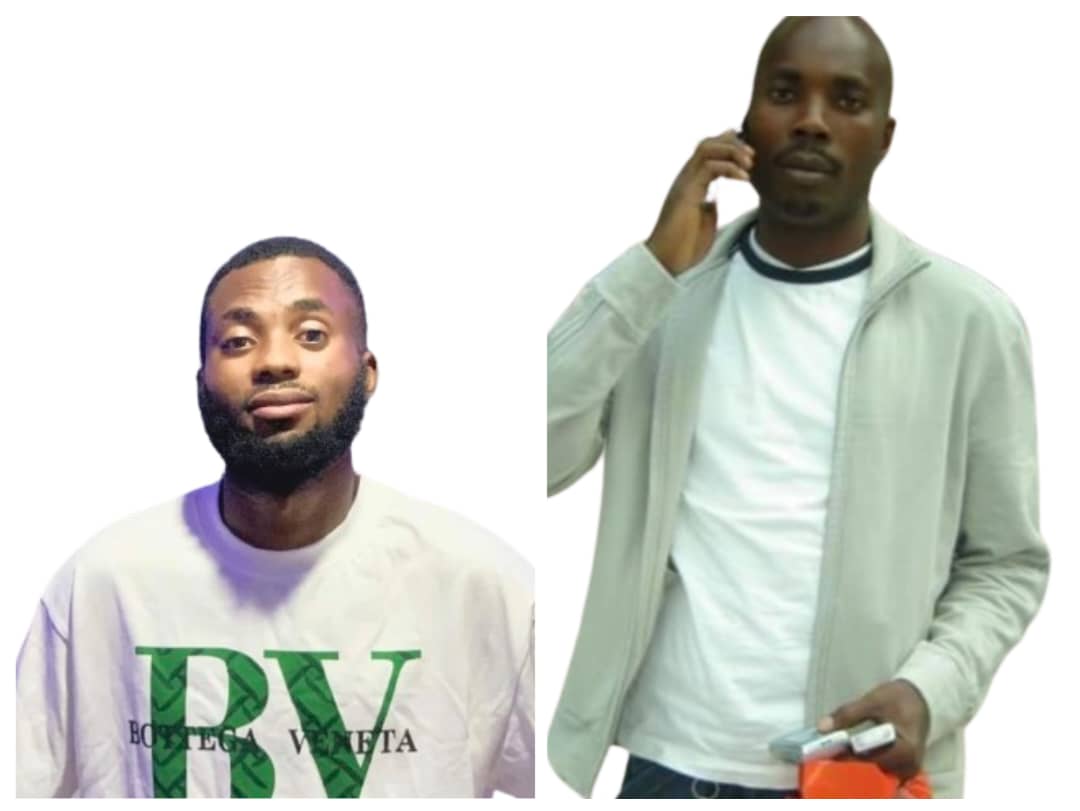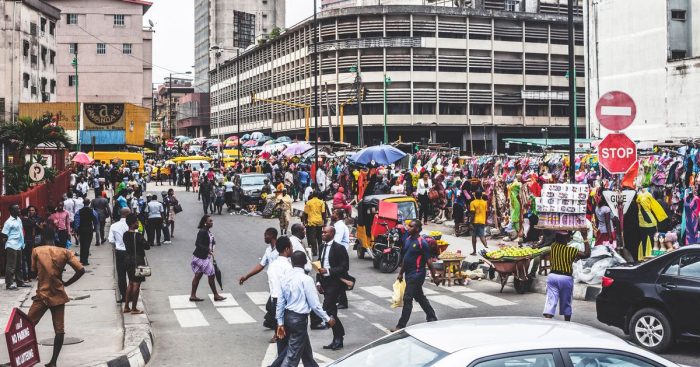The cybercrime department of the Economic and Financial Crimes Commission (EFCC) has provided a forensic report linking Naira Marley, a popular Nigerian artiste whose real name is Azeez Fashola, to credit card fraud perpetrated on the dark web.
EFCC’s cybercrime department discovered Naira Marley’s request for credit card details on his iPhone and mapped his activities back to websites on the dark web.
“The types of sites most commonly associated with the dark web are marketplaces where illicit goods such as narcotics, firearms, and stolen credit card numbers are bought and sold. The darkest corners are used to hire hitmen, engage in human trafficking, and exchange child pornography,” EFCC’s Whyte Dein testified on Thursday.
The dark web or dark net is very enormous, yet secretive. What exactly is it?
READ MORE: Fresh Forensic Reports ‘Link Naira Marley to Credit Card Fraud’
BEYOND THE SURFACE
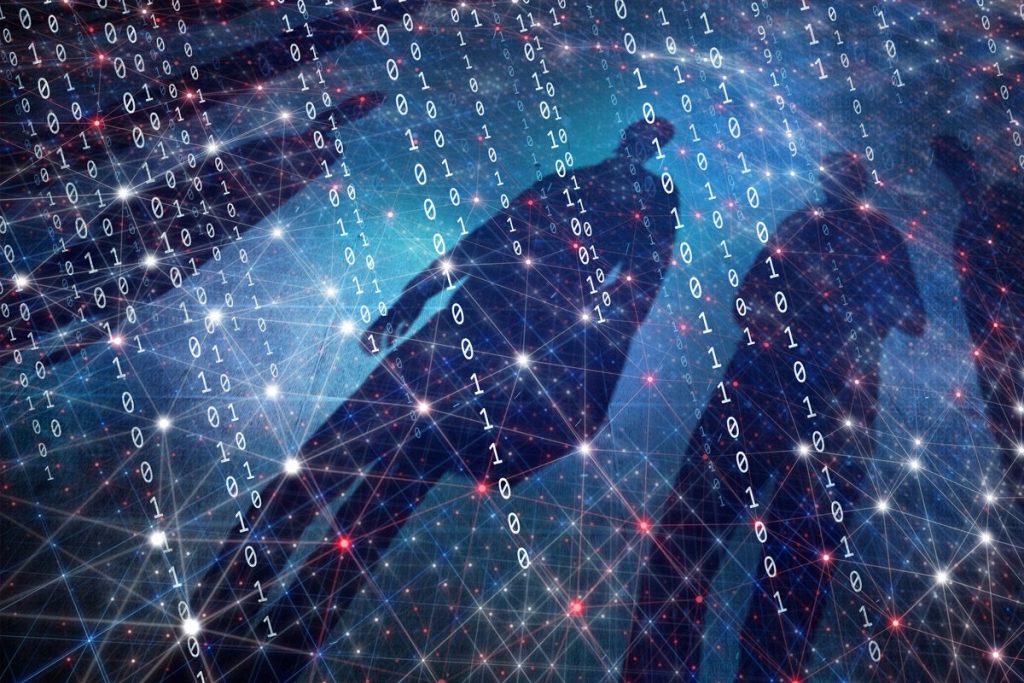
A 2015 report from Seeker estimated that Google has only indexed 004% of all internet pages. This means that most of the content on the world wide web are not accessible on standard search engines like Google, Yahoo, or Microsoft Bing.
The easily accessible part of the internet is known as the clear web, the surface of the internet. Beyond the surface lies the deep web accounting for over 90 percent of the internet.
‘Dark web and ‘deep web’ are sometimes used interchangeably, but the dark web is just a part of the deep web. To access this subset of the deep web, an internet user must use certain tools, including the Tor Browser.
TOR BROWSER
The EFCC cybercrimes department found a special browser on Naira Marley’s phone.
Whyte Dein, team lead of the cybercrimes department, said Naira Marley “used malicious tools to disguise the identity and location of the user of the laptop when connected to the internet along with the presence of the browser which acted as a single gateway to the dark net”.
The browser serving as a ‘single gateway’ to the dark web is the Tor Browser. It is a web browser designed to keep the web traffic of its user secret on the Tor network. Tor Browser protects the identity of its user online.
The Tor network is slow but secure. It is the only network Internet Service Providers (ISPs) or governments cannot track. This makes it the ideal network through which web pages on the dark web can be accessed.
READ ALSO: Hackers Take Over OPay Twitter Account, Direct NFT Owners to Fake Website
CONTENT
Not all of the content on the dark web is illegal or criminal. But most of it is. Although the dark web contains links to rare full-text editions of books, encrypted email services, whistleblower websites, and classic movie collections, there is an infinite supply of illicit commodities up for sale.
Naira Marley is implicated in credit card fraud. Traders sell cloned credit card numbers and pins for as low as $25. Hackers also sell online banking logins with a minimum of $2,000 balance for $120. Other illicit content available on the dark web for a price include assault rifles, hard drugs, hacked Netflix accounts, hacked usernames and passwords, stolen cryptocurrency wallet keys, and counterfeit money.
The FBI arrested Ross William Ulbricht and seized his laptop on October 1, 2013. Ulbricht was the facilitator of a dark web page known as the Silk Road, an underground drug market. A judge sentenced Ulbricht to life in prison for drug trafficking, computer hacking, and money laundering in 2015.
The Silk Road generated approximately $1.2 billion in sales and $80 million in commissions for Ulbricht. On November 3, 2020, US law enforcement seized over $1 billion worth of digital currency from the Silk Road.
A more lucrative and illicit trade on the dark web involves ransomware. Sebastien Vachon-Desjardins, a resident of Quebec, Canada, was extradited to the United States in March for his involvement in a $27 million theft. From April through December 2020, Vachon-Desjardins compromised a protected computer and transmitted a ransom after spreading a sophisticated form of ransomware known as NetWalker.
Roger Handberg, US Attorney representing the Middle District of Florida, said that “ransomware is a multi-billion-dollar criminal enterprise that transcends physical and political boundaries. International collaboration is essential to identify the perpetrators of these sophisticated schemes”.
READ ALSO: How Hacker Used ‘Brother Lanre’ Makinde’s Facebook Account to Execute N90,000 Fraud
LEGALITY
Is the dark web illegal? The short answer is ‘no’. No law in Nigeria and many other countries, including the United States, criminalises the use of the dark web.
Citizens of countries with totalitarian laws such as China often use the Tor Browser to escape the watchful eyes of their government. Such would deem surfing on a Tor network unlawful.
The primary purpose of the dark web is anonymity. Credit card fraudsters and black market traders simply take advantage of the dark web’s secrecy.
Although the dark web is not illegal in itself, it is the perfect enclave for hackers and internet fraudsters.
Subscribe
Be the first to receive special investigative reports and features in your inbox.


